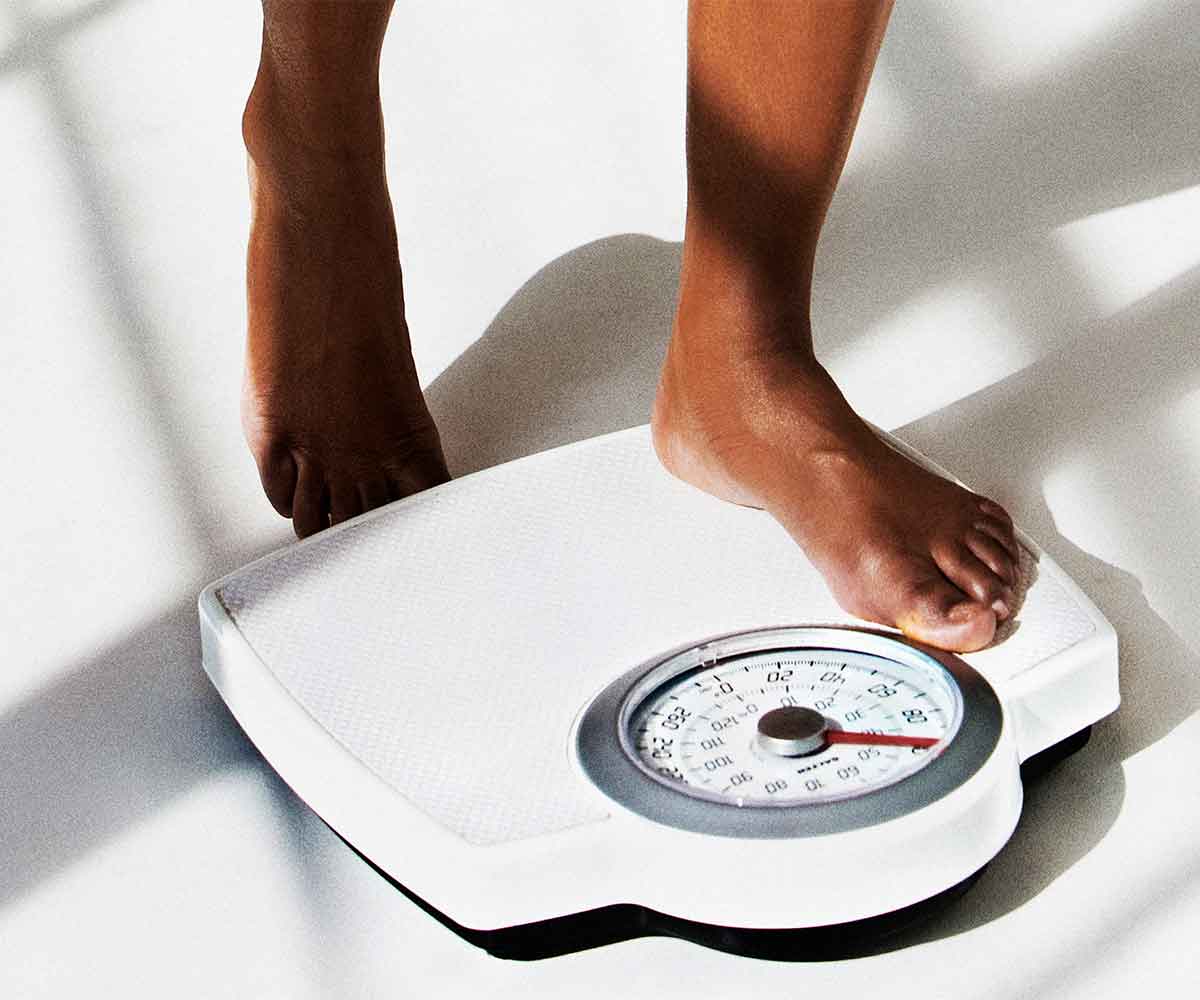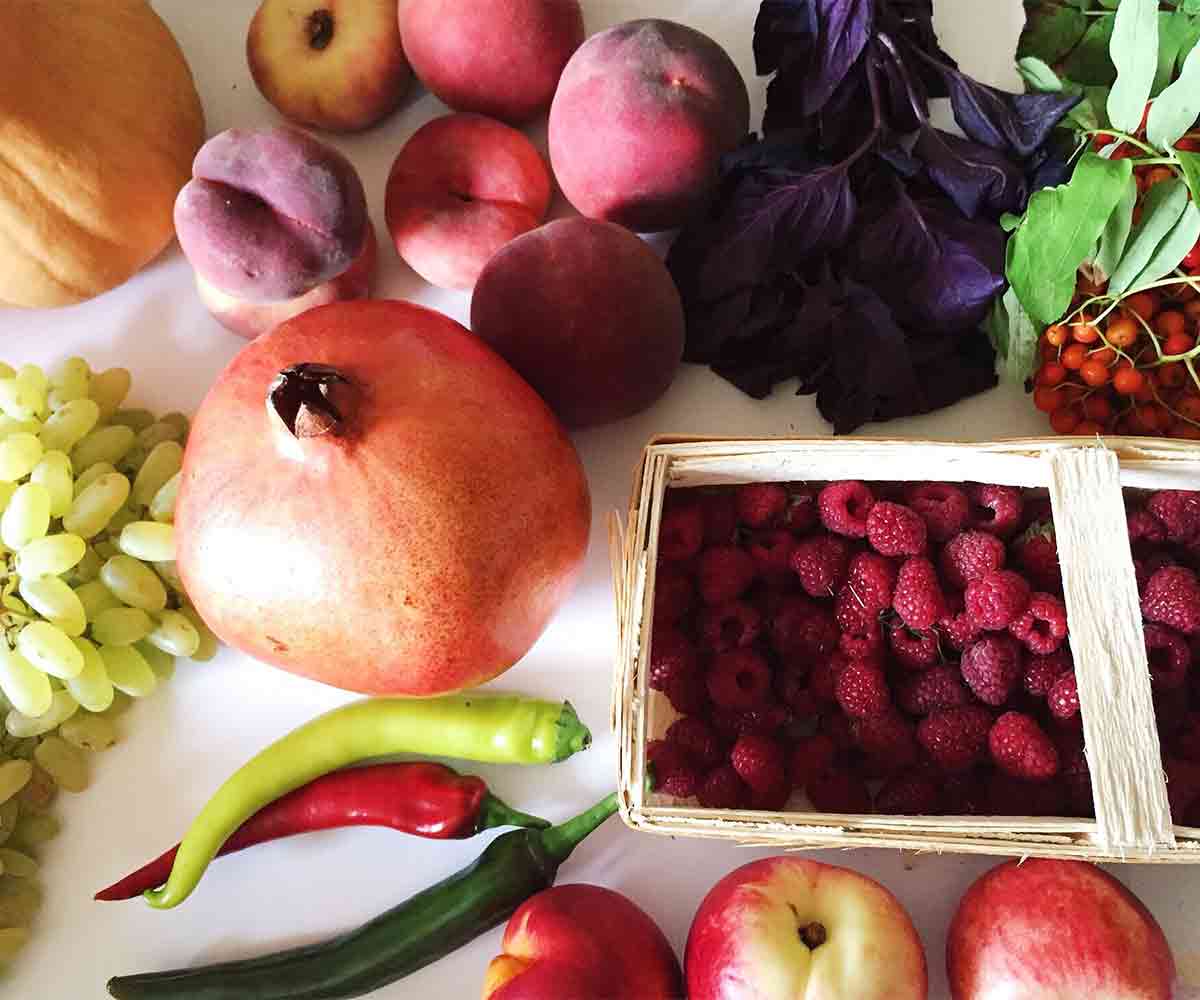My client Alaina is feeling ecstatic lately. The first week she joined my program, she immediately lost four pounds in a way she called “not trying.” No exercising. No calorie counting. No banning carbs. No fasting. No restrictions. And not one iota of stress.
Hear Alaina sharing her amazing experience by clicking here, or if it isn’t convenient at this moment, here’s the abridged version of what she said:








